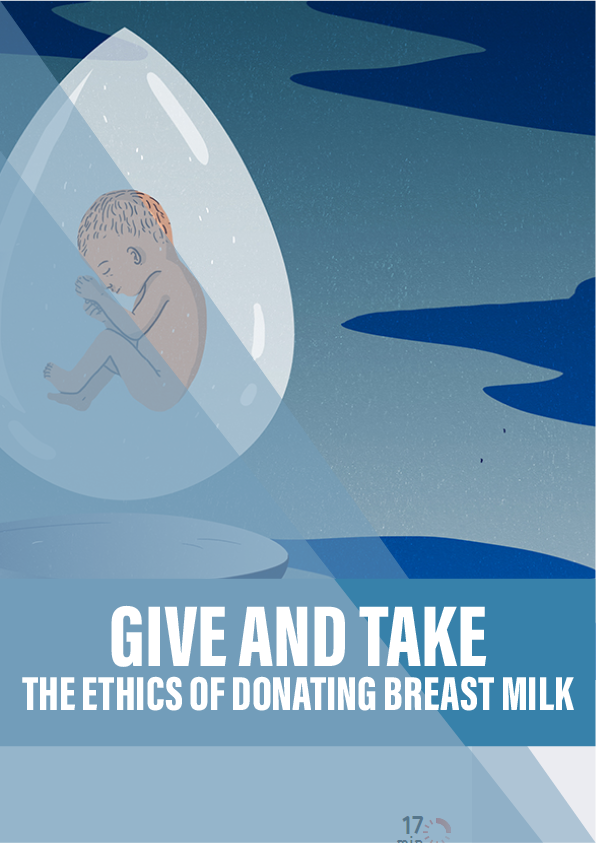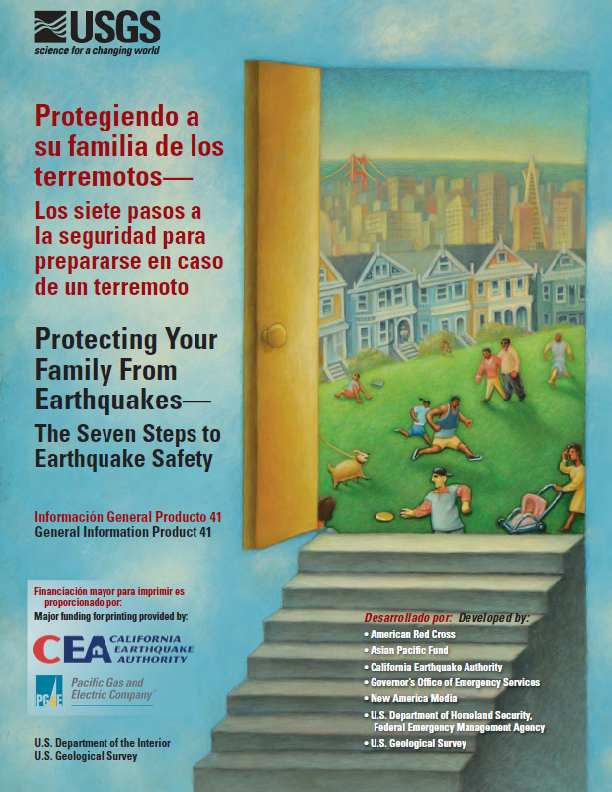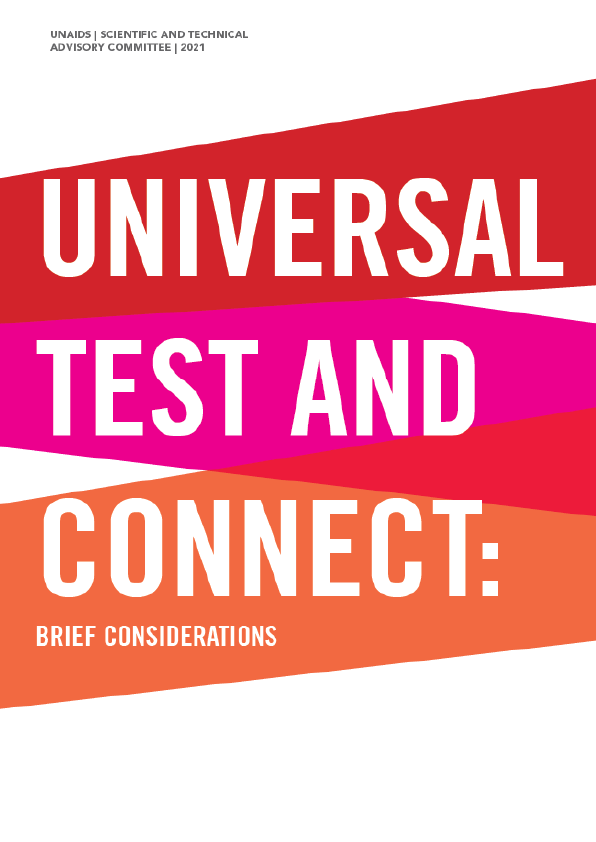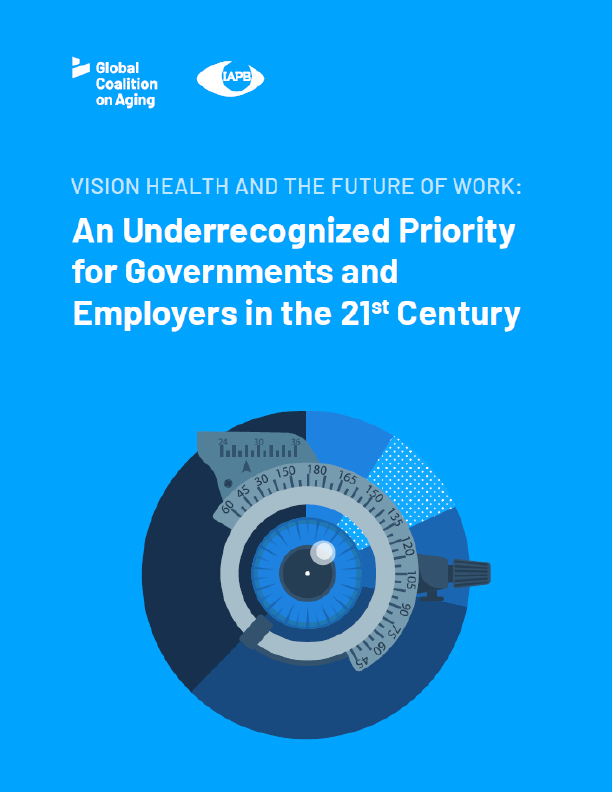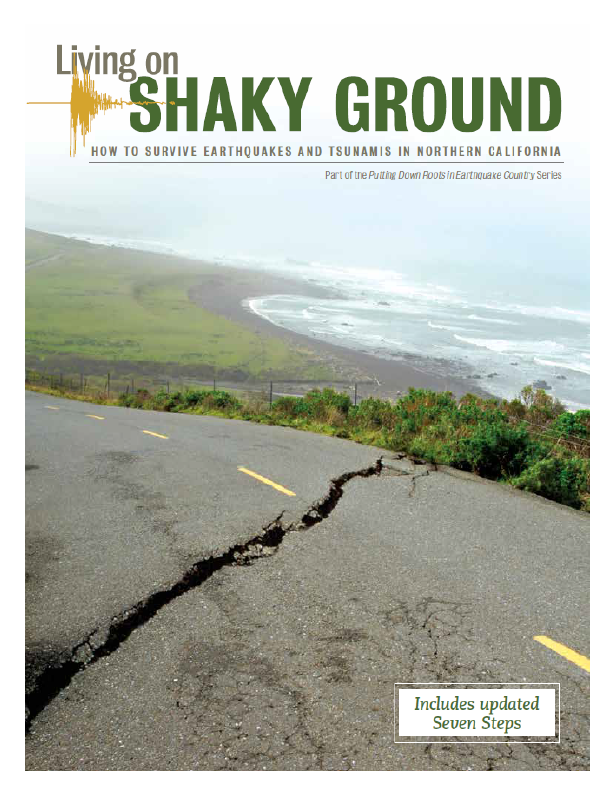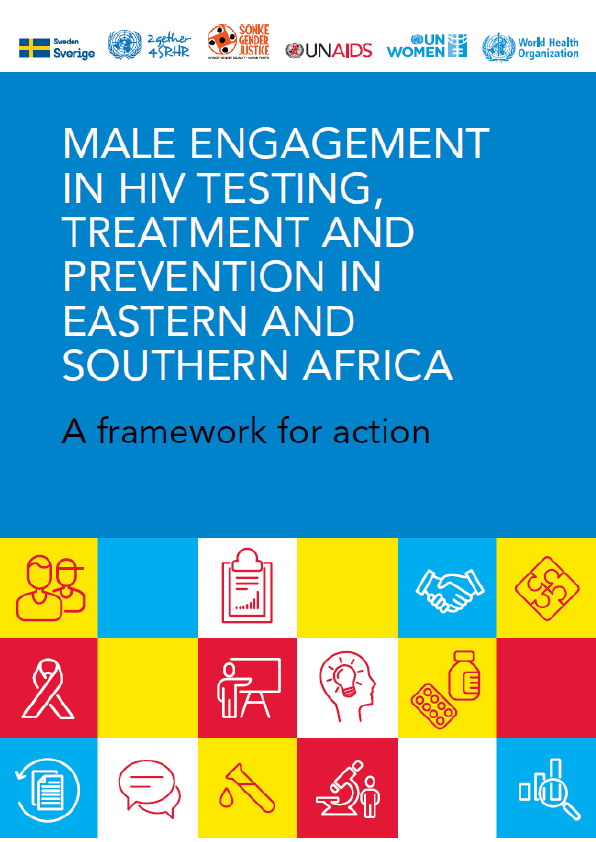Sharing breast milk is not new, but will rising demand – and supply – change the relationship between milk donors and the mothers whose babies need it? Carrie Arnold reports.
Her milk was the only thing Jen Canvasser could give her babies.
Born at 28 weeks, three months prematurely, Zachary and Micah weighed less than two pounds and were rushed to the neonatal intensive care unit (NICU). The boys were born so early that Canvasser’s milk hadn’t yet come in. Canvasser may have been a first-time mother, but she knew this: her babies weren’t going to receive formula. She believed that milk – specifically, her milk – would give them the best start in life.
Doctors told her to try to pump every two hours to get her milk to come in. So every other hour, around the clock, Canvasser assembled the pump in her hospital bed, attached it to her breast, and willed the milk to emerge. Nothing happened. Her long hair went unbrushed; sleep deprivation and fear lined her bright blue eyes with dark circles.
“It was really stressful,” she says. “These little itty bitty guys really needed the nutrition and I was told they would be given formula if my milk did not come in.”
After two days, during which the boys were given only minimal nutrients through tubes into their veins, Canvasser finally produced a few milky drops. After filling a tiny syringe, husband Noah took the elevator down to the NICU and dabbed his wife’s milk on his sons’ lips. Even after another day there still wasn’t much milk coming, although it was enough for the tiny boys, who, like most preemies, only took a teaspoon at a time. With the children hooked up to a dizzying array of tubes and machines, their parents couldn’t even hold them. Their mother’s milk was their only physical contact.
In that first, tense, terrifying week, Zachary and Micah’s doctors came to Canvasser with more bad news: her milk wasn’t providing enough nutrition for the twins. The doctors wanted to add a high-calorie fortifier to it to help the boys grow and develop. Canvasser agreed.
But instead of getting better, the boys began to get worse. They stopped breathing while asleep. They began to have trouble digesting. Canvasser’s worry turned to panic on the cold Friday afternoon of the second week when Micah began spitting up. Things got worse over the weekend. By Sunday morning, his belly had become swollen and he was constantly throwing up. On Sunday afternoon, Micah was rushed to the operating room to have part of his bowel removed. Just two weeks old, he had developed a life-threatening disease called necrotising enterocolitis, which had killed parts of his intestines. The infection was so severe his kidneys began to fail.
Advances in caring for premature babies and very-low-birthweight infants (defined as weighing less than 1,500 grams at birth, or 3 lb 5 oz) mean more of them survive longer. But this vulnerable group still has a high risk of necrotising enterocolitis. It affects around 1 to 3 per cent of infants in the NICU and 7 per cent of very-low-birthweight infants, and up to one-third of those infected will die. Numerous research studies have shown, however, that an all-human-milk diet for premature infants significantly reduces the risk……
